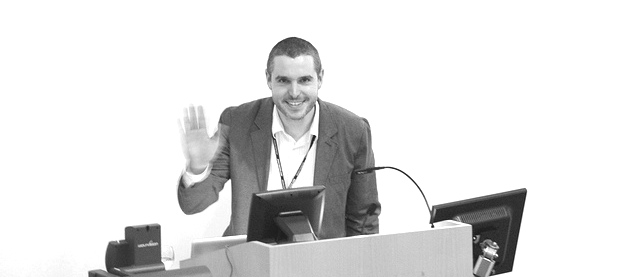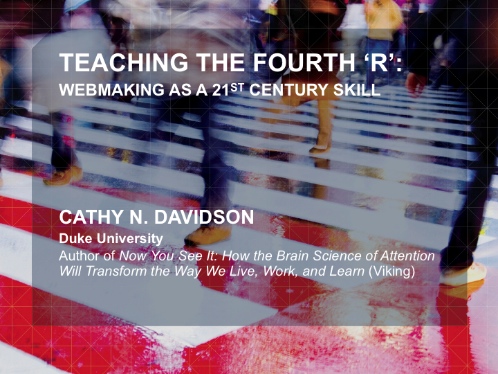The story behind 3 presentations: #cetis12, #dml2012 and #TEDxWarwick
Update: slides and audio for #cetis12 presentation now available!

Apologies for the relative drought here over the past couple of weeks. I’ve been working hard on some presentations that I think you’ll want to see.
You know what? I’ve been at JISC infoNet almost two years now but something I’m still getting to grips with is the different peaks and the troughs over the academic year. They’re just not the same in Higher Education as they are in schools. For a start, some of them are my own choice.
This past few weeks have definitely been a peak for me, one that will last until mid-March. All of my writing energy recently has been going into preparing three talks I’ve got coming up:
- Are Open Badges the future for recognition of skills? (JISC CETIS conference, Nottingham, 23 February 2012)
- Why we need a debate about the purpose(s) of education (DML Conference, San Francisco, 1 March 2012)
- The Essential Elements of Digital Literacies (TEDx Warwick, Coventry, 10 March 2012)
So, three different topics in three very different formats. The Open Badges talk tomorrow is part of a wider session and will be fairly relaxed and informal. The Purpos/ed one is an Ignite talk where I get 5 minutes (exactly!) to talk about my subject. I’ve got 20 slides and they’re advanced automatically every 20 seconds. Eek!
Finally, and the one I’m most excited about giving, is my TEDx Warwick talk. I’ve been using and adapting the advice in Nancy Duarte’s books Resonate and Slide:ology to help get my message across. I haven’t quite finished this one yet (and I’d better get a move on because they want my slides two weeks in advance!)
I hope you understand, therefore, why updates here might be quite light until March 11th. I’ve posted a couple of quick things over at literaci.es over the past week and I’ll make sure I update my conference blog. Other than that, why not get involved in the OpenBeta process for my new ebook, if you haven’t already? And, if you can, why not join me at TEDx Warwick?
Image CC BY-NC-SA foto_mania


